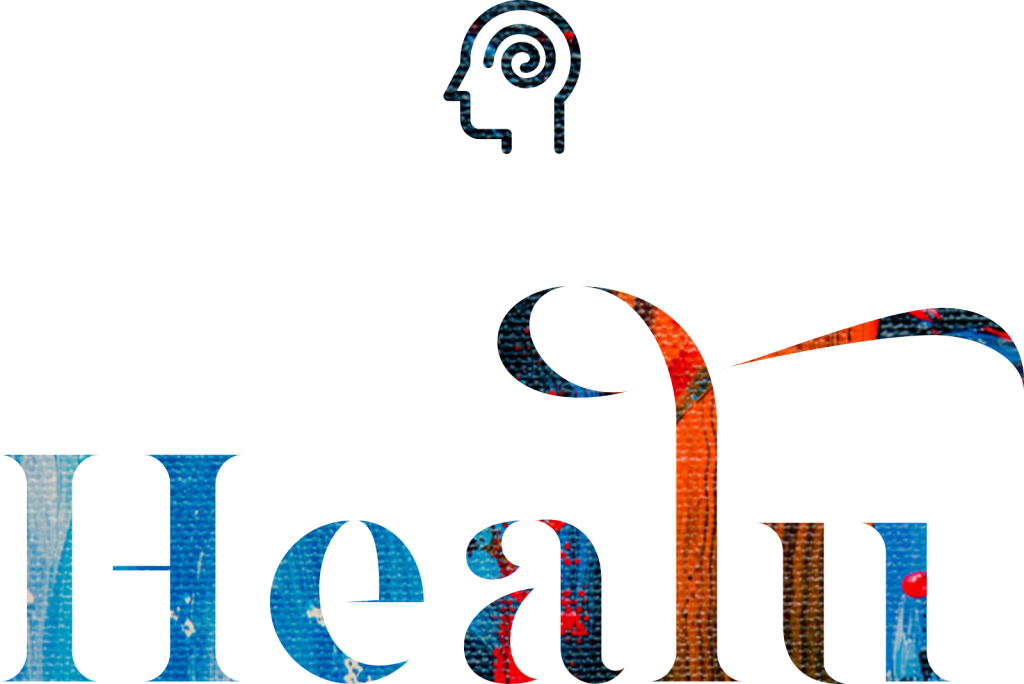By Sean Mitchell [Published on June 9, 2024]
Emotions are fundamental aspects of the human experience, serving various critical functions for survival, decision-making, social interactions, and overall well-being. Understanding the purpose and reasons for emotions can help us appreciate their role in our lives and use them effectively.
1. Survival and Adaptation
Emotions play a crucial role in our survival and adaptation. They provide quick, automatic responses to environmental stimuli, helping us navigate potential threats and opportunities.
• Fear: Alerts us to danger and triggers a fight-or-flight response, preparing the body to react quickly to threats.
• Anger: Mobilizes energy and focus to confront challenges or defend against perceived injustices.
• Disgust: Helps avoid harmful substances or situations that could cause illness or injury.
2. Decision-Making
Emotions significantly influence our decision-making processes. They provide valuable information about our preferences, values, and past experiences.
• Intuition: Emotional responses often guide intuitive decisions, helping us make quick judgments without extensive rational deliberation.
• Risk Assessment: Emotions like anxiety or excitement can inform us about potential risks and rewards, shaping our choices and actions.
3. Social Communication
Emotions are essential for effective social communication and building relationships. They convey information about our internal states and help us understand others’ feelings.
• Empathy: Emotions enable us to empathize with others, fostering connections and supportive relationships.
• Non-Verbal Cues: Facial expressions, tone of voice, and body language communicate emotions, facilitating understanding and cooperation.
4. Motivation
Emotions drive motivation and goal-directed behavior. They provide the energy and focus needed to pursue objectives and overcome obstacles.
• Joy and Satisfaction: Positive emotions reinforce behaviors that lead to pleasurable outcomes, encouraging us to repeat those actions.
• Frustration and Sadness: Negative emotions signal that something is wrong, prompting us to make changes or seek solutions.
5. Learning and Memory
Emotions enhance learning and memory by attaching significance to experiences. Emotional events are often remembered more vividly and accurately.
• Emotional Significance: Strong emotions can imprint experiences more deeply in our memory, aiding in learning and personal development.
• Behavioral Conditioning: Emotions help us learn from positive and negative experiences, shaping future behavior.
6. Self-Regulation
Emotions assist in self-regulation by providing feedback about our internal states and how well our actions align with our goals and values.
• Self-Awareness: Recognizing and understanding our emotions helps us regulate our behavior and make choices that align with our long-term well-being.
• Coping Mechanisms: Emotions prompt us to develop coping strategies to manage stress, adversity, and other challenges.
Conclusion
Emotions are integral to human life, serving essential functions that support our survival, decision-making, social interactions, motivation, learning, and self-regulation. By understanding and embracing our emotions, we can enhance our well-being, build stronger relationships, and navigate the complexities of life more effectively. Emotions are not just reactions to our environment; they are tools that help us adapt, grow, and thrive.



